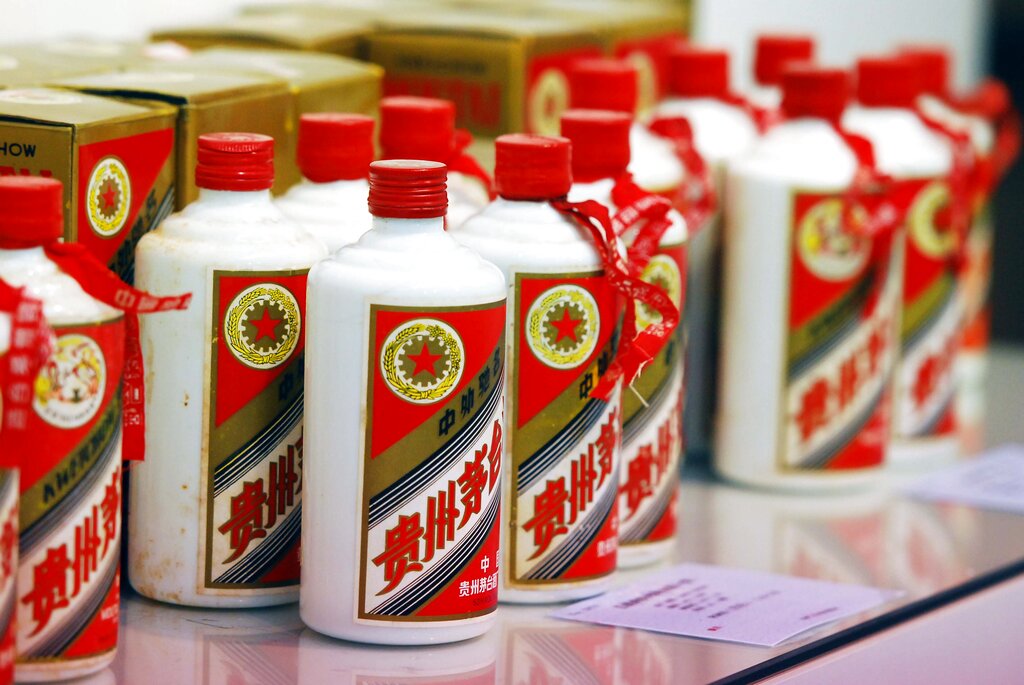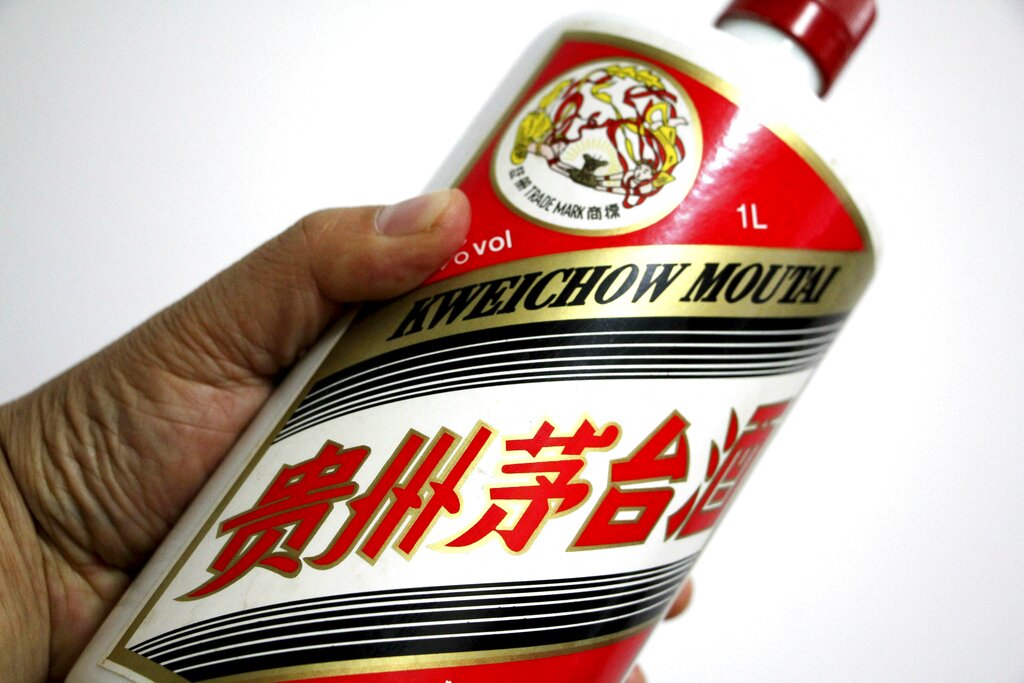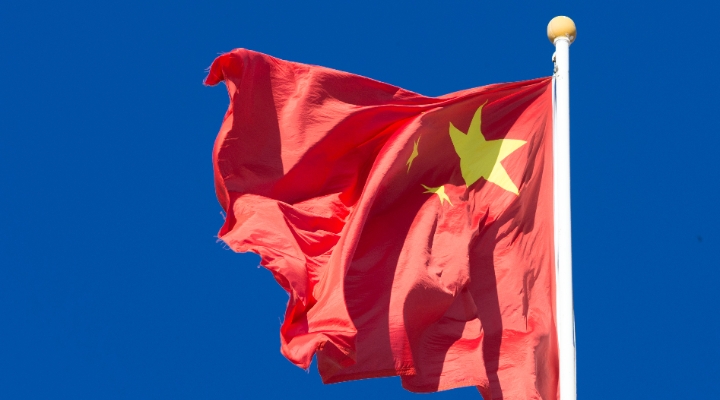
Evidence of waning recovery momentum and a delay in a restoration of business confidence are weighing on investors in Chinese equities. China’s CSI 300 Index has given up the 8% equity gains accumulated in January, and is down around 1% year to date.
Mixed Views on China Consumption
Jian Shi Cortesi, investment director of the China and Asia Equity team at GAM Investments, says China is struggling to escape from a confidence trap. Because of multiple overhangs in the economy, she says: “Many companies are still talking about cost controls, cost disciplines, and preserving cash. They’re not eager to open new businesses and hire a lot of people after two or three years of a difficult time.” In the same vein, the sentiment around spending is subdued among individual consumers.
Despite this, some market observers are hopeful that China will meet 5% real economic growth in 2023. Christy Tan, an investment strategist at Franklin Templeton Institute, holds the view that excess household savings and a pro-business policy stance will support consumption, a key factor for the country to meet this year’s GDP growth target.
“China’s domestic consumption will be the biggest upside opportunity for overall growth performance in the next six to 12 months.,” Tan says, adding that the weak consumption growth momentum argues for more government support.
Premium Baijiu Can Be a Long-Term Play
Within consumption, Jennifer Song, senior equity analyst at Morningstar, believes that sales in Chinese liquor, especially the high-end brands, remains solid. And, despite short-term economic swings, Song is less worried about their stocks. “Premium baijiu products have an irreplaceable position in the Chinese drinking culture. This also explains why their wholesale prices have held up pretty well.”
She adds: “Our channel checks suggest that demand for premium baijiu is relatively resilient, with stable wholesale prices and healthy inventory levels. We believe the second-quarter sales of the six baijiu names we cover are well on track to meet our full-year 2023 expectations.”
Why We Prefer Laojiao to Moutai
Chinese white liquor stocks struggled more than the broad market in the second quarter, which put some of the wide-moat names we cover into the undervalued range. Among the six baijiu companies Morningstar covers, Luzhou Laojiao is our top pick.
“Our thesis is supported by Laojiao’s strong brand heritage, supreme product quality, extensive distribution network, and deepening co-operation with distributors, which have also fortressed its competitiveness, allowing it to generate the long-term economic profits that underpin our wide moat rating.”
Comparing this with the most well-known brand, Kweichow Moutai, Song says: “First, Laojiao, which has a scale relatively smaller than Moutai, is still in the expansionary stage of the business. Second, on corporate structure, we like their management incentives program which we think will motivate management to achieve better growth.
Meanwhile, there is also the consideration of valuation. “Laojiao is now priced by the market 17% below the fair value estimate of RMB 259 at initiation. Share price of Moutai has been trading around its fair value. We thus believe Laojiao will see more upside potential as we enter the second half of the year.”
Into the second half of 2023, Song is monitoring what the sales will be during the upcoming festive seasons. Song says: “Consumers usually scoop up white liquor for Mid-Autumn Festival as well as for National Day celebrations. The sales numbers will then be a good bellwether to gauge the market’s sentiment and the directionality of demand.”













.png)


.jpg)





